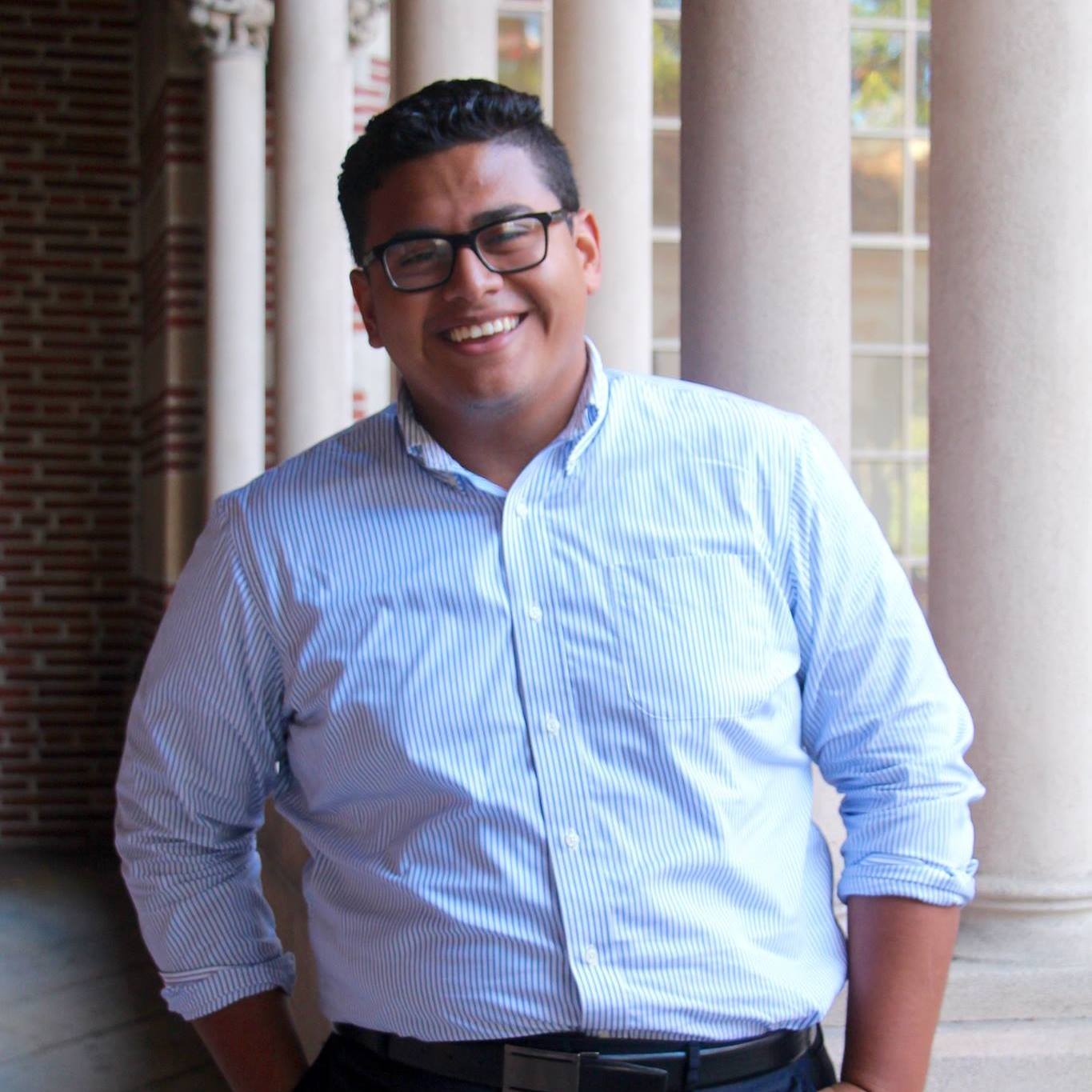Stereotyping and Perspective

As a young Latino, store employees pretending to be doing a job as they watch me shop is almost expected. The feeling of walking into a Walgreens and an employee looking daggers into you, as if you are guilty just for being who you are never gets old.
When this happens, I feel like the entire context of the person I am, is completely ripped away from who I am. The fact that I am a first-generation college student or someone actively attempting to make positive changes in his community is apparently not seen, through the texture of my Puerto Rican hair, the brown color of my skin or the USC sweater that I always wear to not be singled out as different. Even more painful is the isolation and measures the people I love take to make sure that they are not targeted by these biases.
I remember getting a call for my younger brother the first time he was stopped and frisked by the police. He was wearing a suit while he was walking back from his pre-college program, when the police stopped him and frisked him for being suspicious. My brother was scared; he did not know what he did to look like a “suspicious character.” The anger and pain I felt in that moment upsets me until this day. I worry about my brother much like many people of color worry about the safety of their families from the police and people accusing them even before they get to know the person they are stereotyping.
Tutsi Survivor Esperance Kaligirwa recants how her father needed to bribe the police in order to not be arrested. Despite, having an all the necessary documentation her father still was forced to pay to ensure that him and his family could travel safely.
Through testimony of genocide survivors from the Visual History Archive, it is possible to examine how stereotypes manifest into society and fuel prejudice. Esperance Kaligirwa expresses the obstacles that she and her family faced because of their Tutsi identity before and during the Genocide against the Tutsi in Rwanda 1994. She remembers when her father was stopped by the police, and forced to pay the police in order to return from work. Esperance states: “Because of how we looked, they knew my father was a Tutsi. And they would say… ‘you are a Tutsi you have to give us money’ even though he had everything [paperwork and identification].” This bias made Esperance and her family worry about their safety, and the stereotypes about Tutsi had her question who she truly was. “Is something wrong with me, sometimes I would say that I wish I was Hutu…Why me? Why am I being treat different? It made me feel lonely.” Esperance’s words echo the fears that many minorities have when made to feel different because of their culture and beliefs.
Holocaust survivor Arthur Spindler elaborates on the misconceptions that many people had of Jewish people during the time. Jewish people were illustrated as scary-evil people, that were responsible for the issues in society.
This constant self-monitoring of who she was as a person made her want to separate herself from her own identity. Stereotyping a person because of their identity can make others criticize a person without giving thought to how these words can affect or hurt a person. Holocaust survivor Arthur Spindler speaks about how anti-Semitism illustrated Jewish people as being these scary entities in society. Arthur states: “The anti-Semitism was so ingrained that even the boogie man was a Jew.” When we look through the Archive it becomes apparent just how much stereotypes can lead to acts of violence towards a marginalized group. Stereotypes no matter how small can make a significant negative impact. The power of perspective played a substantial role in survivors’ lives, which not only affected the way others saw them but also how survivors perceived their own identity.
Take the time to think about how you see people and focus on the context of who a person is.
Like this article? Get our e-newsletter.
Be the first to learn about new articles and personal stories like the one you've just read.
